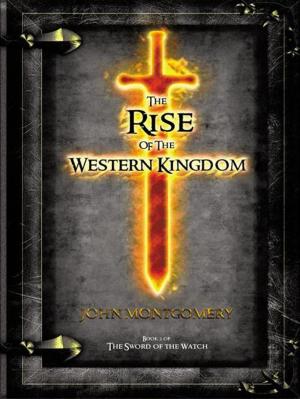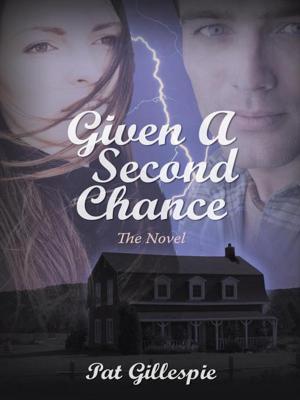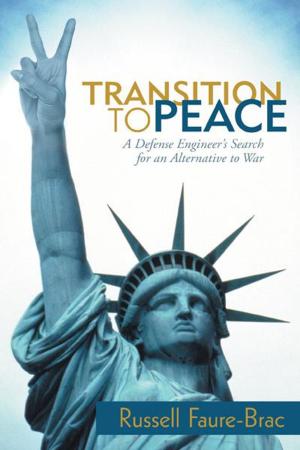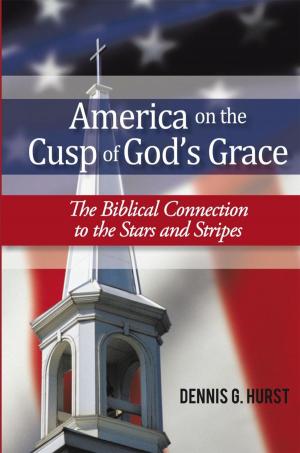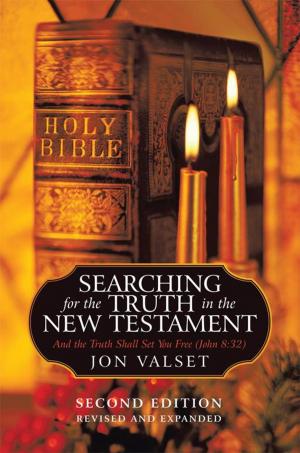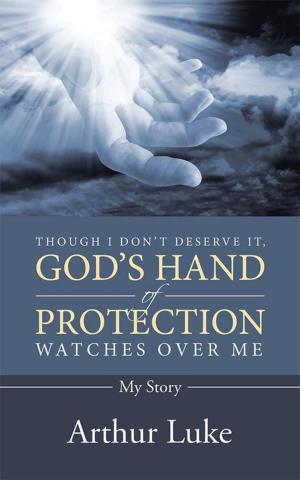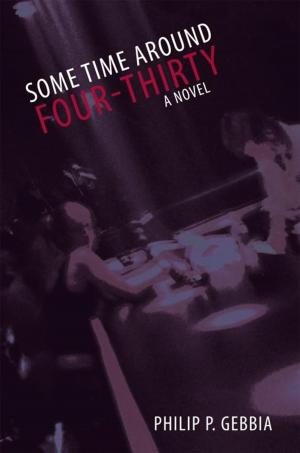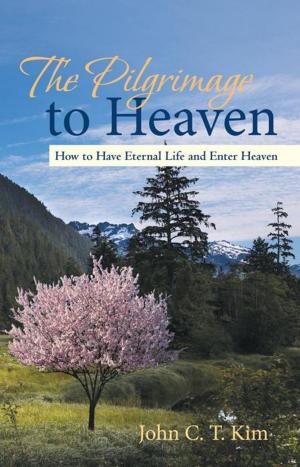| Author: | Joseph Howard Tyson | ISBN: | 9780595799626 |
| Publisher: | iUniverse | Publication: | October 17, 2005 |
| Imprint: | iUniverse | Language: | English |
| Author: | Joseph Howard Tyson |
| ISBN: | 9780595799626 |
| Publisher: | iUniverse |
| Publication: | October 17, 2005 |
| Imprint: | iUniverse |
| Language: | English |
Until 1997, author Joseph Howard Tyson did not know that he descended from Germantown's original settlers. This realization deepened his concern for Philadelphia and his appreciation of William Penn's legacy. During the past eight years, he has tried to view the city through Penn's eyes. Penn's Luminous City is Tyson's record of that journey.
A devout Quaker, William Penn believed that God's power would manifest more powerfully in a "City of Light." He chose the confluence of the Delaware and Schuylkill rivers as the site for his Holy Experiment: an ideal society with a model capital city, governed by an assembly, and dedicated to religious toleration. He chose the name Philadelphia, City of Brotherly Love, after the devoutly Christian Asia Minor town mentioned by Scripture. Penn regarded the blighted areas as products of human vice. However, Tyson believes that genuine urban renewal requires spiritual regeneration. Positive actions such as slum clearance, creek cleanup, Philadelphia's reconnection with the trail system, and school reformations manifest the healing actions of the "Light." The expansion of Philadelphia's green infrastructure would not only spur redevelopment but improve the city's spiritual condition.
Through Penn's Luminous City, Tyson conveys Penn's prophetic vision that still inspires citizens to make the city a better place.
Until 1997, author Joseph Howard Tyson did not know that he descended from Germantown's original settlers. This realization deepened his concern for Philadelphia and his appreciation of William Penn's legacy. During the past eight years, he has tried to view the city through Penn's eyes. Penn's Luminous City is Tyson's record of that journey.
A devout Quaker, William Penn believed that God's power would manifest more powerfully in a "City of Light." He chose the confluence of the Delaware and Schuylkill rivers as the site for his Holy Experiment: an ideal society with a model capital city, governed by an assembly, and dedicated to religious toleration. He chose the name Philadelphia, City of Brotherly Love, after the devoutly Christian Asia Minor town mentioned by Scripture. Penn regarded the blighted areas as products of human vice. However, Tyson believes that genuine urban renewal requires spiritual regeneration. Positive actions such as slum clearance, creek cleanup, Philadelphia's reconnection with the trail system, and school reformations manifest the healing actions of the "Light." The expansion of Philadelphia's green infrastructure would not only spur redevelopment but improve the city's spiritual condition.
Through Penn's Luminous City, Tyson conveys Penn's prophetic vision that still inspires citizens to make the city a better place.


